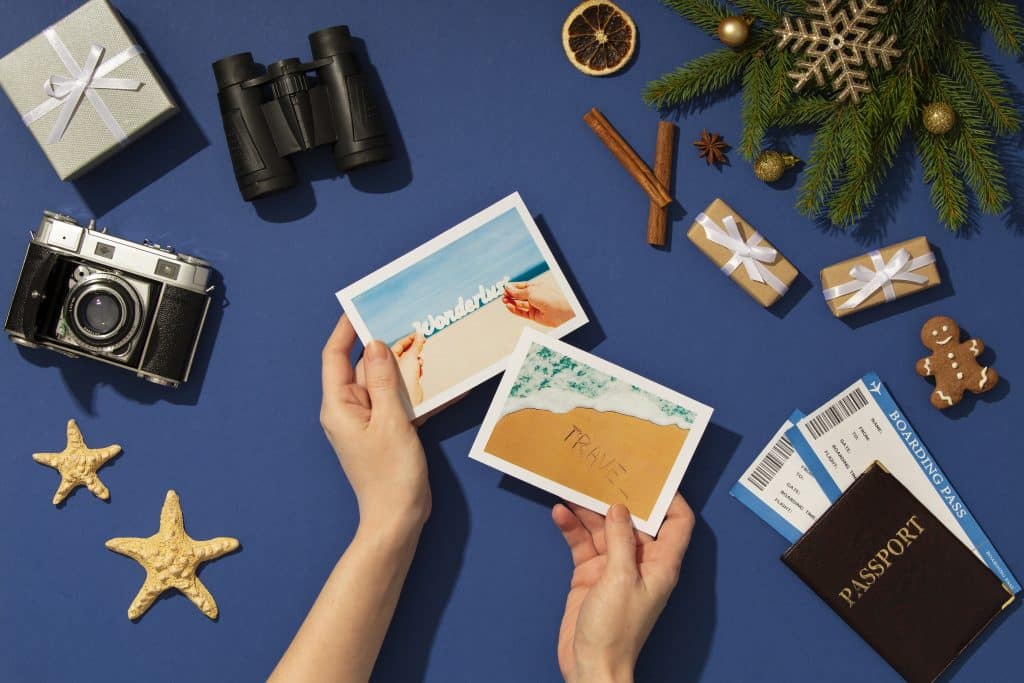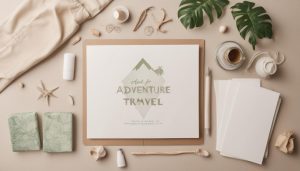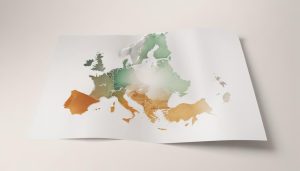Travel Experiences That Spark Creativity
Henry King August 18, 2025
In an increasingly connected world, people are searching for more than just leisure when they travel. Today’s travelers want experiences that inspire, challenge, and nurture creativity. Whether it’s through exploring local traditions, engaging in immersive workshops, or disconnecting from technology to reconnect with nature, travel experiences that spark creativity are becoming a defining trend in 2025. As more professionals, entrepreneurs, and artists seek ways to recharge and innovate, travel is no longer just about sightseeing—it has become a powerful tool for unlocking imagination and problem-solving skills.

Why Travel Fuels Creativity
Travel removes us from routine, which is one of the biggest barriers to creativity. A change of environment stimulates the brain by exposing it to new languages, landscapes, and cultural practices. Research from the Journal of Personality and Social Psychology found that multicultural experiences significantly enhance creativity because they challenge individuals to adapt and rethink assumptions (Maddux & Galinsky, 2009). Similarly, Harvard Business Review highlights that time spent abroad expands cognitive flexibility, a key component of creative thinking.
This explains why companies and individuals are prioritizing travel experiences that go beyond traditional holidays. Whether it’s a corporate retreat in the mountains, a meditation program in Bali, or a cultural immersion in Morocco, the goal is clear: to use travel as a pathway to spark creativity and innovation.
Emerging Trends in Creative Travel Experiences
1. Creativity-Focused Retreats
Wellness travel has evolved to include creativity retreats. These programs combine meditation, journaling, art workshops, and even guided silence sessions. Destinations such as Costa Rica, Portugal, and Thailand are popular for hosting week-long experiences where participants unplug from daily stressors to focus on creative growth.
2. Cultural Immersion Trips
One of the strongest travel trends of 2025 is immersive cultural experiences. Instead of passively observing, travelers are seeking hands-on engagement—learning pottery from artisans in Japan, weaving with communities in Peru, or cooking alongside families in Italy. These exchanges not only broaden cultural awareness but also stimulate new ways of thinking.
3. Nature as a Creativity Catalyst
Spending time in nature has been proven to reduce mental fatigue and encourage free-flow thinking. National parks, hiking trails, and eco-lodges are increasingly being marketed as destinations for creative renewal. A 2023 study by the University of Utah confirmed that spending three days in nature boosts creative problem-solving skills by 50%. In 2025, many travelers are intentionally seeking forest escapes, desert camping trips, and coastal retreats to reset their minds.
4. Digital Detox Journeys
Constant notifications and digital overload drain focus and reduce imaginative thinking. In response, more travel experiences now promote digital detox programs where phones and laptops are set aside in favor of mindful exploration. Locations like Iceland and New Zealand are marketing remote regions as havens for creativity free from distraction.
5. Learning-Oriented Travel
Another rising trend is combining travel with skill-building. From photography tours in Africa to creative writing workshops in France, these trips are designed to nurture specific creative skills. Online platforms such as Workaway and Airbnb Experiences have further democratized this trend, making it easier for travelers to connect with local creators.
Practical Ways to Plan Travel Experiences That Spark Creativity
If you’re considering a creativity-centered trip, here are practical strategies to maximize the impact of your travels:
- Choose destinations intentionally – Pick locations known for inspiring landscapes, rich cultural traditions, or innovative art scenes.
- Blend work and exploration – For professionals, consider workcations where mornings are dedicated to work but afternoons focus on creative exploration.
- Participate in workshops – Hands-on learning activates the brain differently than passive observation, helping generate new ideas.
- Embrace slow travel – Spending longer periods in fewer locations encourages deeper connections and more meaningful creative insights.
- Reflect daily – Journaling or sketching your experiences helps capture inspiration and transform it into actionable ideas.
Benefits of Travel for Creativity
- Enhanced problem-solving: Exposure to new environments and cultural frameworks provides fresh approaches to challenges.
- Increased adaptability: Navigating unfamiliar settings develops flexibility and resilience—both key traits for creative thinking.
- Stress reduction: Disconnecting from daily pressures creates mental space for innovation.
- Collaboration opportunities: Meeting people from diverse backgrounds often leads to creative collaborations and partnerships.
Case Studies: Travel Experiences That Spark Creativity
Case Study 1: Writers’ Retreat in Tuscany
In 2024, a group of writers attended a month-long retreat in Tuscany, Italy. Surrounded by vineyards and historic villages, participants engaged in workshops led by published authors. Many reported breakthroughs in their creative projects after returning home, crediting the immersive environment and cross-cultural exchanges.
Case Study 2: Corporate Creativity Camp in Colorado
A tech company organized a corporate retreat in Colorado’s Rocky Mountains. Employees participated in outdoor activities, mindfulness sessions, and collaborative design challenges. The result was a surge of innovative project proposals in the months that followed, demonstrating how travel can directly impact workplace creativity.
Case Study 3: Art and Culture Exchange in Mexico
An NGO created a cultural exchange program in Oaxaca, Mexico, where travelers worked alongside local artisans to learn traditional crafts. Participants not only left with new creative skills but also developed ideas for integrating these techniques into their personal and professional lives.
The Future of Creative Travel
Looking ahead, travel experiences that spark creativity will likely expand further as individuals and companies recognize the link between innovation and immersive environments. The rise of remote work means more people can design trips that merge productivity with creative inspiration. Virtual reality may also play a role, allowing travelers to prepare for immersive experiences before departure. At the same time, sustainable travel will be prioritized, with eco-conscious creative retreats leading the way.
By 2030, the travel industry may see dedicated “creativity hubs” worldwide—spaces designed not just for rest but for generating ideas and collaborations. The fusion of wellness, culture, and technology promises to make creative travel one of the most transformative sectors in tourism.
Conclusion
Travel is no longer simply about relaxation or sightseeing—it has become a catalyst for innovation and imagination. Travel experiences that spark creativity provide opportunities to step outside daily routines, absorb diverse perspectives, and foster new ways of thinking. As more people and organizations prioritize creativity in 2025, journeys designed to inspire are proving to be one of the most valuable investments in personal and professional growth. Whether through cultural immersion, retreats in nature, or learning-focused adventures, the future of travel will continue to shape not only where we go, but also how we think.
References
- Why Travel Fuels Creativity- https://www.summitdaily.com
- Nature as a Creativity Catalyst- https://attheu.utah.edu/
- Digital Detox as Creative Reset- https://www.livingetc.com







